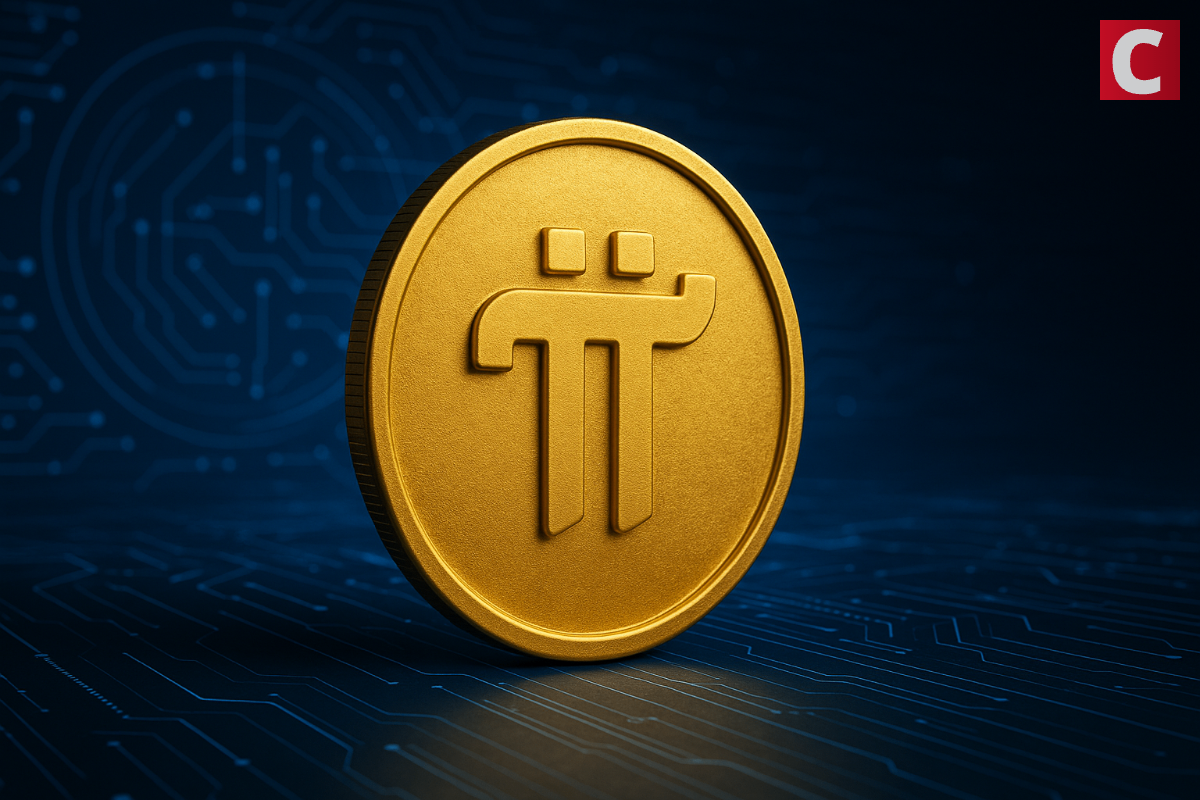Former New York Governor Andrew Cuomo lags far behind Democratic frontrunner Zohran Mamdani despite unveiling his proposal to make the city a crypto hub.
Cuomo’s plan, announced on Sunday, would create a new office that would be responsible for attracting emerging tech companies, including cryptocurrencies and blockchain.
The move follows similar initiatives from outgoing Mayor Eric Adams, which have yielded mixed results so far. The mayor’s office reported that many crypto startups have appeared in New York, while existing crypto businesses have not seen much change. Some have noted that the mayor’s office generally has little influence over how or whether the crypto industry develops.
With the mayoral election just two weeks away, a last-ditch effort to appeal to the crypto industry may not be enough to give Cuomo an edge over the frontrunner.
Cuomo’s crypto strategy amid a Mamdani lead
On Sunday, Cuomo’s campaign announced that, if elected, he would create a “chief innovation officer” within his administration to attract business in emerging technologies. He would also create an “Innovation Council” comprising executives from three industries: blockchain, biotech and artificial intelligence.
Cuomo said, “The next mayor must make sure we’re also leading in the technologies that will define the next century — AI, blockchain, and biotech. That’s what this position is about: Keeping New York City not just competitive, but dominant in the global innovation economy.”
The appeal of turning to the crypto lobby is understandable. Crypto lobby groups broke campaign funding records in the 2024 elections and made digital asset regulation a top priority for lawmakers in Washington.
The Winklevoss twins, whose donations to crypto industry lobby groups have reportedly broken $30 million just this year, have also been harshly critical of Cuomo’s main opponent, Democratic candidate Zohran Mamdani.
Related: Winklevoss twins donate $21M in BTC to pro-Trump PAC ahead of US midterms
In a rambling June X post over whether he would “get involved in the NYC mayor race by supporting a candidate that can defeat Zohran Mamdani,” Tyler Winkelvoss condemned Mamdani and Democrats writ large.
He said that Democratic cities were “broken kleptocracies” and that “anarchy and socialism are the next logical steps in this story arc.” He said that financiers and hedge fund managers have failed to “protect the system that allowed them to achieve their success in the first place and allowed New York City to once become the greatest city in the world.”
These hedge fund managers and financiers, including pro-crypto Pershing Square CEO Bill Ackman, have reportedly donated millions to Cuomo’s campaign in recent weeks.
But an appeal to pro-crypto hedge funds may not be enough to move the needle for Cuomo. According to a recent AARP poll, Mamdani enjoys a double-digit lead with 43.2% support, followed by Cuomo at 28.9%, Guardian Angels founder Curtis Sliwa at 19.4% and 8.4% undecided or preferring another candidate.
Crypto didn’t break into the top concerns for respondents. “Cost of living remains the top issue for nearly two-thirds of voters, with public safety and housing affordability also key. Despite concerns about the city’s direction, optimism about future improvement under new leadership has grown modestly since the August poll,” said the AARP.
Wall Street itself isn’t entirely sold on the idea that a Mamdani mayorship would be a disaster for the city. Recent analysis from Business Insider found strong support for Mamdani among more “back office” roles. While wealthier managerial positions were more likely to support Cuomo, their colleagues in tech, HR, operations and intelligence showed a strong bias toward Mamdani.
How can the NYC mayor influence crypto?
Even if Cuomo made a miraculous surge and was able to secure a victory on Nov. 4, the ability of the mayor’s office to influence crypto policy is limited.
Outgoing Mayor Eric Adams attempted to turn the city into a crypto hub. He first demonstrated his belief in crypto by taking his paychecks in Bitcoin (BTC) and opposing crypto mining moratoriums at the state level. In February 2023, the city council’s committee on technology met to discuss blockchain, cryptocurrency and other innovative digital tools.
Related: Is Zohran Mamdani really that bad for New York’s crypto industry?
But as of 2024, few felt that Adams delivered on that promise. Thomas Pacchia, founder of the NYC-based Bitcoin bar PubKey, previously told Cointelegraph that he didn’t notice much of a change in public sentiment.
But this didn’t stop Adams from trying. The mayor continued to make strides to court the crypto industry, announcing a crypto summit earlier this year to meet with top executives. In May, the New York Office of Technology and Innovation (OTI) told Cointelegraph that “crypto and blockchain are our fastest growing tech industries in terms of startups.”
Last week, Adams announced the establishment of the New York City Office of Digital Assets and Blockchain, whose goals include “fostering innovation and development while guiding the responsible development of cryptocurrency and blockchain ecosystems in New York City.”
The OTI said, “Since 2019, crypto startups have increased by 177%, and blockchain startups have increased 143%. NYC has 172 crypto startups compared to 151 in San Francisco. NYC also has 262 blockchain startups compared to 251 in San Francisco.”
How much this is a result of city-level crypto-related initiatives is unclear. The mayor’s office has considerable influence over business-critical issues like municipal taxes, licensing and building permits. But financial policies and regulatory frameworks for the finance industry are largely made at the state and federal levels.
Even if the next mayor, be that Cuomo or Mamdani, wants to influence the crypto industry, they will likely have to go through state regulators first.
Magazine: Back to Ethereum: How Synthetix, Ronin and Celo saw the light



